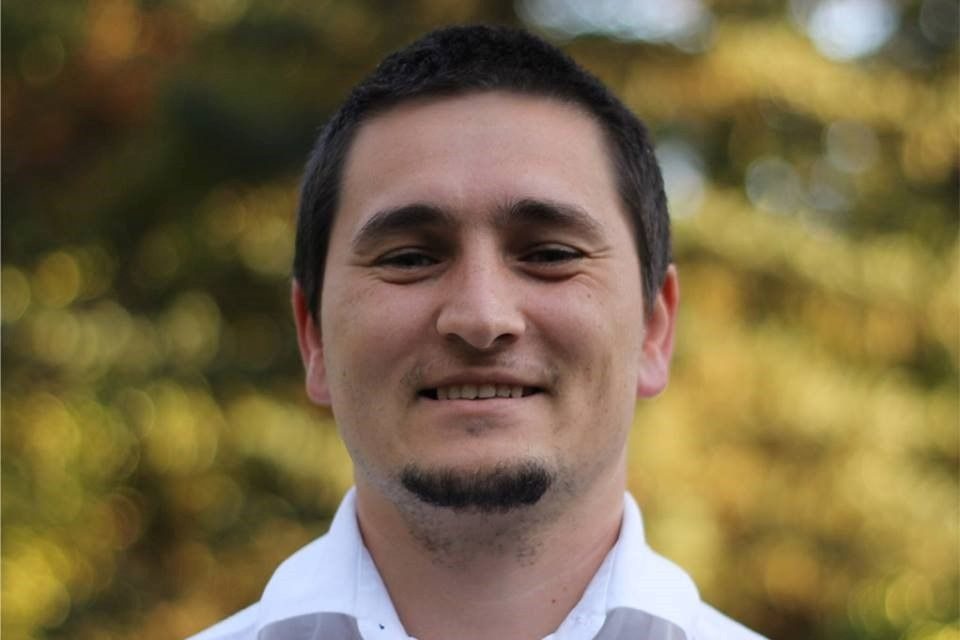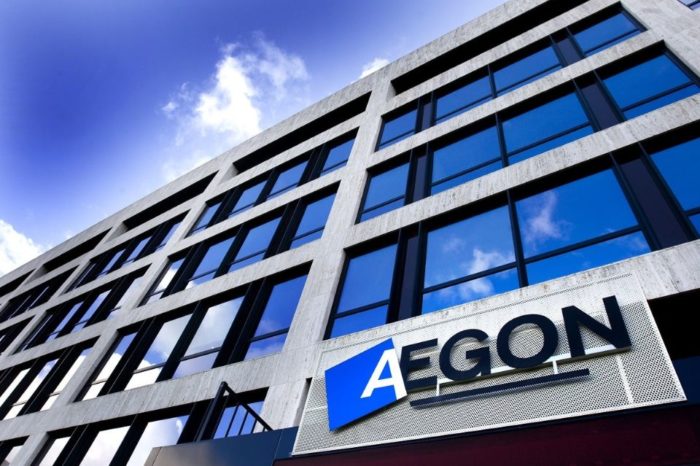Cosmin Ciobanu, CEO Octonius: “A digital workplace that creates a more engaged workforce will provide better results”

“Work is about matching the people to the right work, that’s why the employee experience is so important. A digital workplace that creates a more engaged workforce will provide better results,” Cosmin Ciobanu, CEO and co-founder Octonius told The Diplomat-Bucharest.
“A digital workplace should also discharge you from what brings no value. People learn and produce value when they collaborate with others, when they use their skills and when they are creative. A smart digital workplace minimizes the time spent on work planning and management, and it increases the time people spend on execution.”
How would you describe your work management platform for enterprise customers?
Our work management platform brings to enterprises the 3rd horizontal layer that is missing in enterprise IT.
The first two layers are files and communication. But few see the third layer, which is work planning and management. Organizations do it in silos, usually from emails, spreadsheets, and whiteboards. It does not scale well in our new business environment, which requires being agile.
If there is one piece of advice we can give, this is to put everyone on the same page and to prioritize work from the outcomes you want. Our work management platform helps a lot with this. Octonius is also more user friendly than the traditional solutions brought by the IT.
What are the key elements at the heart of a digital workplace?
People, making you work smarter, and security.
Work is about matching the people to the right work, that’s why the employee experience is so important. A digital workplace that creates a more engaged workforce will provide better results.
A digital workplace should also discharge you from what brings no value. People learn and produce value when they collaborate with others, when they use their skills and when they are creative. A smart digital workplace minimizes the time spent on work planning and management, and it increases the time people spend on execution.
As digitalization accelerates, a digital workplace must be safe, prevent errors, and be cyber-attack resilient. For example, it is easy to send an email to the wrong person. Inside a digital workplace, administrators control the level of privacy. A team member, who would manipulate the platform by error, could not share private information with non-group members.
What are the most important tools that a company can use to create customized workflows?
In the past, it would have been highly customizable tools that would fit the needs of each team. Today, the ability to work with any team, at speed and with accuracy, is an absolute necessity, not a luxury. The need to bring real-time clarity on who is doing what is also a growing problem. Do not confuse clarity with certainty. In today’s volatile environment, nobody can be sure about the future. However, an agile workforce that operates with clarity will always find the solution!
The most important tools that companies can use to create customized workflows are highly mouldable platforms that are not only understood by managers, but also by executives and all employees. It means that the same tool can be used in very different ways for all the working scenarios that can arise. Think about a new kind of spreadsheet with super workflow and communication powers.
Why do you think so many Romanian companies are lagging behind in terms of digitalization and in implementing new ways of working?
I would see it from a very positive angle: because Romanian companies are behind in their technology usage, they can adopt new ways of working at a faster speed than their European counterparts.
What are your company’s most important ongoing projects?
People analytics. The pandemic has totally redefined the relationships and social contract that organizations have with their employees. Team leaders and line managers are asking us: how can we have better relations with our team members? How can we create trusting relationships? The first thing is to better listen to employees. Employees’ expectations have changed and well-being matters more than ever. Managers cannot wait anymore for the usual yearly surveys to make decisions; they need to act from daily data to help employees. Another big change we are seeing in that direction: metrics are today less about time tracking or control, and more about the completion of the desired outcome.
What challenges are you currently facing in your day-to-day activities?
We are facing the traditional challenges faced by software companies in Europe: the lack of support and lack of vision from many eco-systems. The pandemic had no impact on our organization as we are working with a hybrid workforce from day 1. One example: our employees’ health is our number #1 priority and we put everyone remote since February 2020. We are using Octonius, so we can plan and execute work from anywhere.
Octonius Inc. is a hi-tech company founded in 2013 by Cosmin Ciobanu and Christian H. Leeb in Silicon Valley.
The product it offers to its enterprise customers is a work management platform that keeps everyone aligned and sustains performance.
The company grew over the last year and now it has a fully distributed team across 12 countries. The European HQ is located in Barcelona.














